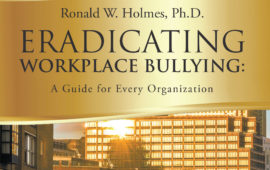
New Book to Address Workplace Bullying
According to Workplace Bullying Institute, 65.6 million working Americans experienced or witnessed abusive conduct during the workday. Depending on the bullying situation, some psychological effects [&hellip
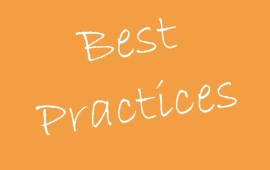
How can higher education advance effective teaching practices?
With the demands for students to be competitive in a global economy, the critical questions to be asked are: How can higher education advance effective [&hellip
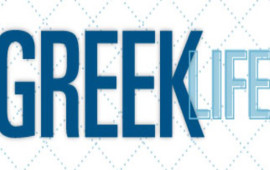
Has the “Greek Life” experience gone wild?
Many prominent educators, politicians and business executives have matriculated at colleges and universities and been a part of the campus “Greek Life” experience. In fact, [&hellip
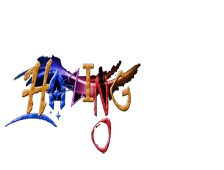
Is hazing prevalent in the K-20 environments?
Hazing is prevalent in the K-20 environments despite the adoption of anti-hazing laws in 44 states. Participating in extra-curricular activities and being hazed by perpetrators [&hellip

Is it time to provide report cards for the Teacher Preparation Program?
With an ongoing problem of many teachers not being prepared to teach in today’s classroom setting and, subsequently, having a negative impact on student performance, [&hellip
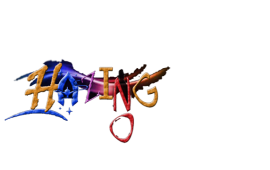
How is hazing a part of the K-20 educational culture?
Participating in extra-curricular activities and being hazed by perpetrators is a part of the K-20 educational culture for middle and high school students and college [&hellip

How can minority doctoral scholars earn a Ph.D. in multiple academic disciplines?
Ethnic diversity is essential for college faculty members who can serve as role models for students of similar backgrounds. With a shortage of racial/ethnic minority [&hellip

Career Path to Executive Director of the HERC
Nancy Aebersold is the founder of the Higher Education Recruitment Consortium (HERC), a non-profit organization whose mission is to advance the ability of member institutions to [&hellip

When do employees cyberloaf? An interactionist perspective examining personality, justice, and empowerment.
Kim, K., Triana, M., Chung, K., Oh, N. Cyberloafing—using the internet for non-work-related activities—is aprevalent counterproductive work behavior (CWBs) in the workplace, but researchers have [&hellip

